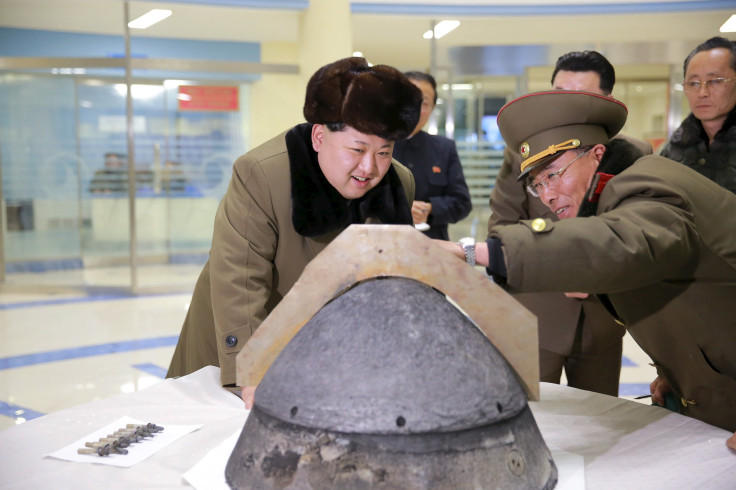North Korea Nuclear Tests: UN To Vote On Tighter Sanctions Against Pyongyang, Reports Say

The United Nations Security Council will vote Wednesday to impose tougher sanctions on North Korea following Pyongyang’s fifth nuclear test, reports citing diplomats close to the proceedings said Monday. The new sanctions will cut the reclusive country’s export earnings by at least $800 million.
The five permanent members of the council have been looking to toughen restrictions against North Korea since its largest nuclear test yet in September this year. The China, France, Russia, the United Kingdom and the United States have agreed on the new restrictions which largely target coal, Pyongyang’s single-largest export item.
“We didn’t get everything we wanted,” a U.S. official familiar with the draft resolution reportedly said but added that the new sanctions, when imposed, would be “a significant step forward.”
The proposed sanctions will put a “hard, binding cap” on North Korea’s coal exports, cutting them by at least 62 percent and capping them at around $400 million, diplomats reportedly said. Pyongyang has been under U.N. sanctions over its nuclear program since 2005.
The proposed sanctions come after two months of negotiations between the U.S. and China, North Korea’s most important ally and reportedly the only country that purchases coal from the impoverished nation.
“Pyongyang has prioritized the pursuit of nuclear weapons over just about everything else… so we don’t think this action here in New York will immediately convince the regime’s leader [Kim Jong Un] to cease his pursuit of nuclear weapons,” the U.S. official said. “We do note that our action will be felt and will impede the DPRK [North Korea] regime’s ability to continue these program.”
A senior North Korean official in September condemned the U.N.’s efforts to redouble sanctions against Pyongyang.
“The sanction resolutions of the U.N. Security Council are illegal criminal documents,” Pang Kwang Hyok, vice director of the department of international organizations at the North Korean Ministry of Foreign Affairs, said.
“These resolutions determined that our nuclear tests and satellite launches pose threats to international peace and security, but then the problem is why has the U.N. Security Council never taken issue with the nuclear tests and satellite launches conducted by other countries?” Pang asked.
© Copyright IBTimes 2024. All rights reserved.






















